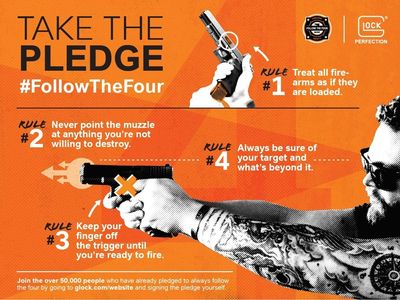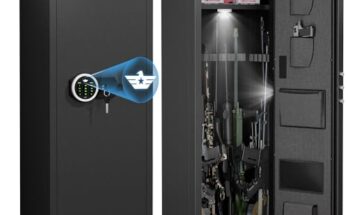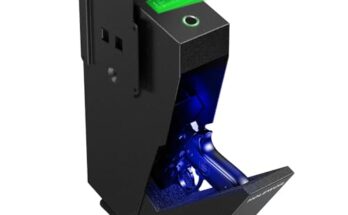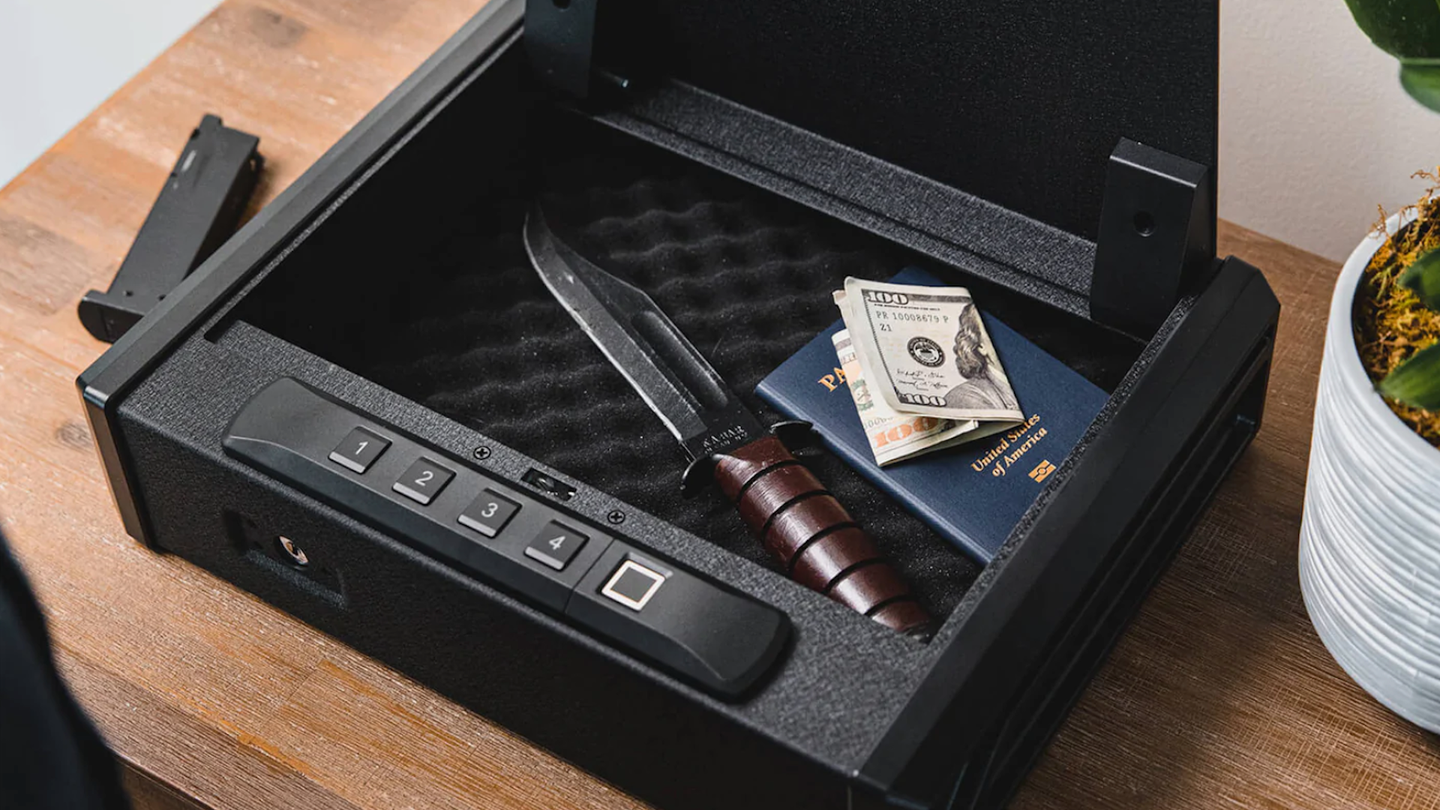Keeping a handgun loaded in a gun safe is a personal choice, influenced by individual safety considerations and accessibility needs. Making this decision requires balancing quick access for self-defense with the risks of unauthorized use.
Gun ownership comes with the vital responsibility of ensuring both safety and readiness. The decision to keep a handgun loaded within a gun safe depends greatly on the owner’s situation and the safe’s security features. Optimally, a gun safe offers protection against unauthorized access, potentially making it safer to store a loaded weapon.
However, this must be weighed against the possibility of accidents or misuse, especially if children are present in the home. Furthermore, appropriate training on handling and securing firearms is crucial for all gun owners. This introduction serves as a guide for responsible gun owners, emphasizing the critical balance between preparedness and safety when deciding on the storage conditions of their firearms. Always consult local laws and best practices to ensure compliance and safety.
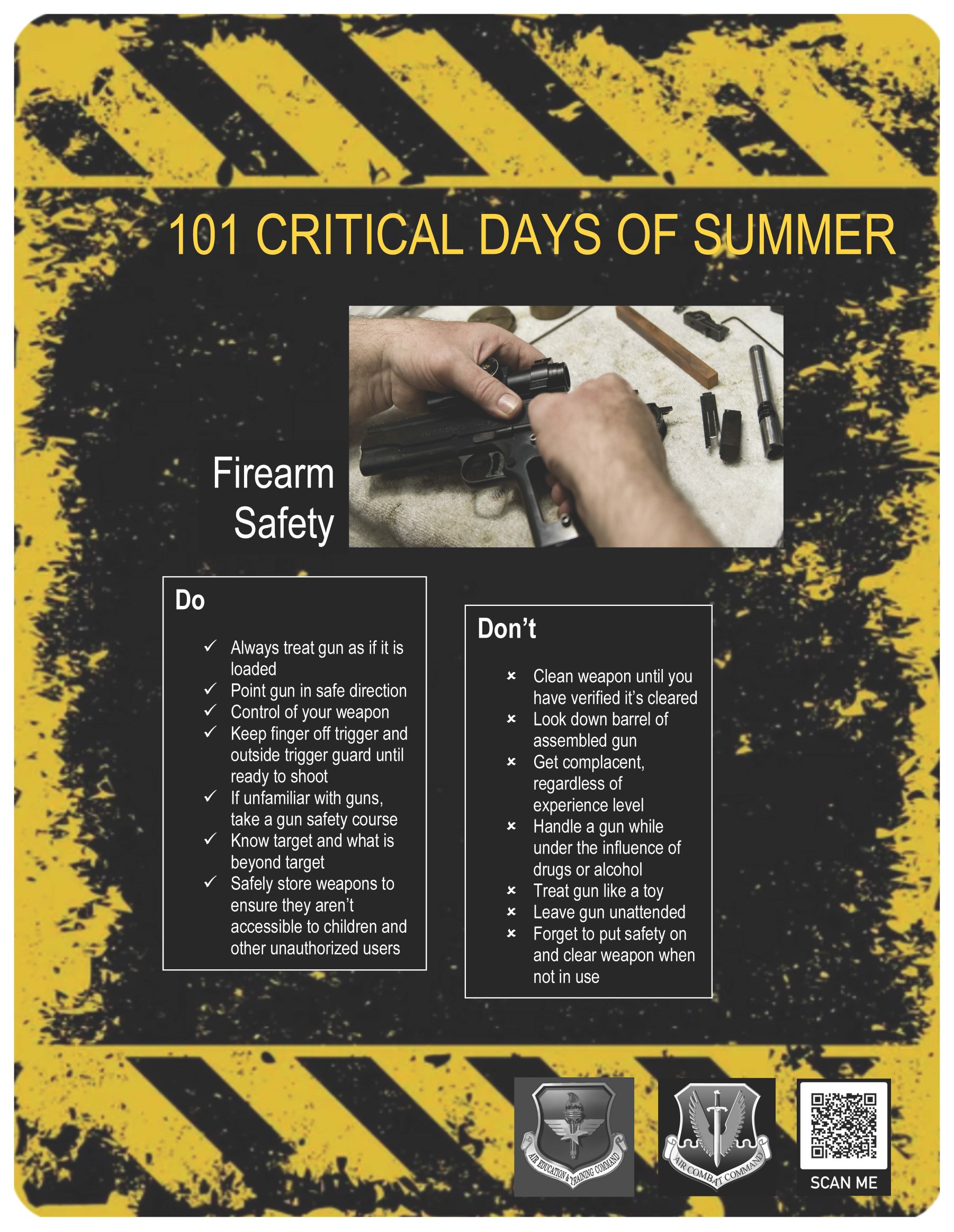
Credit: www.safety.af.mil
Balancing Safety And Readiness
Deciding whether to keep a handgun loaded inside a gun safe is a critical choice. It involves measuring the fine line between quick access during emergencies and ensuring the safety of everyone around, especially children.
Pros And Cons Of Loaded Firearms In Safes
Pros:
- Immediate Protection: Quick response to a threat.
- Preparedness: Ready for use at a moment’s notice.
- Convenience: No extra steps to load the weapon.
Cons:
- Accidental Discharge Risk: Higher if improperly handled.
- Unauthorised Access: Dangerous if found by someone else.
- Legal Implications: Varies depending on local laws.
Assessing The Risk Factor
Household Setup: Consider who lives in your home. Small children or untrained adults pose risks.
Gun Safe Features: Investigate your safe’s security level. Biometric safes may offer an advantage.
Training: Reflect on your family’s understanding of gun safety. Education can reduce accidents.
| Factor | Description | Risk Level |
|---|---|---|
| Storage | Loaded or unloaded | High/Medium/Low |
| Access | Who can reach the safe? | High/Medium/Low |
| Training | Gun safety knowledge | High/Medium/Low |
Gun Safe Essentials
Securing firearms in a gun safe is a critical step for responsible gun ownership. Considering whether to keep a handgun loaded while in a safe is a nuanced decision. Understanding the types of gun safes and important security features can guide responsible storage practices.
Types Of Gun Safes
Selecting the right type of gun safe depends on specific needs and preferences. Here are common options:
- Biometric Safes: Unlock using fingerprints for quick access.
- Combination Safes: Require a sequence of numbers.
- Electronic Keypad Safes: Use a digital code entry system.
- Key Lock Safes: Open with a traditional key.
Each type offers different levels of security and ease of access. To make an informed decision, consider the intended use and location of the safe.
Security Features To Consider
When investing in a gun safe, prioritize these security features:
| Feature | Description |
|---|---|
| Steel Gauge | The thickness of the safe’s walls. |
| Locking Mechanism | Types of locks used and their resistance to tampering. |
| Fire Rating | Level of protection from high temperatures. |
| Mounting Options | Ability to secure the safe to walls or floors. |
Focusing on these features ensures guns stay safe from unauthorized access while providing peace of mind.
Loaded Handguns: Prospective Dangers
Loaded firearms can become a source of tragedy if not handled with utmost caution. Accidental discharge remains a significant danger, particularly with loaded guns. This can occur due to mechanical failure or negligent handling. The results can be fatal, making it imperative to weigh the risks of keeping a loaded weapon within reach.
Unauthorized access to a loaded gun heightens the risk of misuse. A safe is secure, yet not impenetrable. Children, burglars, or visitors might gain access, potentially leading to dire consequences.
Accidental Discharge Risks
Unauthorized Access Concerns
Rapid Response Justifications
Understanding ‘Rapid Response Justifications’ involves knowing the reasons behind keeping a handgun loaded inside a gun safe. Many argue that in critical situations, the seconds saved by having a loaded gun can make a significant difference.
Self-defense Situations
Quick access to a loaded firearm is vital during an emergency. It’s about safeguarding families and property. In a high-stress incident, finding ammunition separately can cost precious time.
- Self-defense scenarios can escalate rapidly.
- Immediate response can deter an intruder.
- A loaded handgun in a biometric safe adds a layer of security.
Law Enforcement Perspectives
Police officers often recommend keeping a firearm ready for defense. This is not to encourage recklessness but to ensure preparedness for unforeseen threats.
| Aspect | Law Enforcement Advice |
|---|---|
| Firearm Storage | Secure yet accessible |
| Loaded State | Loaded but safe |
| Training | Regular practice for safe handling |
Training and frequent drills are emphasized to handle firearms responsibly. Responsible gun ownership demand preparing for worst-case scenarios with safety in mind.
Best Practices For Gun Owners
Responsible gun ownership is critical for safety and compliance with the law. Understanding and implementing best practices for handling and storing firearms help to prevent accidents and ensure that guns are only accessible to authorized users. For many, a key question often arises: “Should you keep a handgun loaded in a gun safe?” Let’s explore some guidelines every gun owner should follow.
Safe Storage Protocols
Securing firearms in a gun safe is the first step to responsible gun ownership. Not everyone agrees on whether to store a handgun loaded. Your approach may vary based on personal circumstances, potential threats, and risk assessment. Whenever you’re not in possession of the gun, keep it locked away, preferably in a safe with a combination or biometric lock. Consider these pointers:
- Store ammunition separately to reduce the risk of accidental discharge.
- Use trigger locks or cable locks for an added layer of security.
- Regularly check that your gun safe functions properly.
Training And Preparation
Being a gun owner also means committing to ongoing training and preparation. Regular practice at the range improves your skill and safety awareness. Training also involves knowing how to securely handle a loaded weapon, should you choose to store it in that condition.
- Familiarize yourself with your gun’s safety features and operation.
- Sign up for professional training sessions, focusing on both safety and accuracy.
- Conduct regular drills for securing and accessing your firearm promptly.
Legal Considerations
Each state has its own laws regarding firearm storage, which can affect whether you can store a loaded gun in a safe. Always check your local laws and regulations on firearm storage to ensure compliance. Legal aspects to keep in mind include:
| Area of Consideration | Details |
|---|---|
| Child Access Prevention Laws | States have varying degrees of restrictions to prevent child access to firearms. |
| Firearm Locking Device Laws | Some states mandate the use of gun locks even within a gun safe. |
| Loaded Firearm Storage Laws | Certain jurisdictions may prohibit storing a loaded handgun in a home safe. |
Adherence to these guidelines ensures that gun ownership is treated with the respect and seriousness it deserves. Safe storage protocols, regular training, and abiding by legal requirements maintain safe environments for everyone.
Technological Advancements
Gun ownership responsibilities have evolved with technology. Today’s gun owners seek top-level security features that ensure both safety and accessibility. With new technological advancements, the debate about keeping a handgun loaded in a gun safe takes a fresh perspective. These innovations bring peace of mind, alongside instant access, maintaining a balance between preparedness and safety. Let’s look at some of these groundbreaking advancements.
Biometric Safes And Quick Access
Biometric gun safes have transformed how owners secure and retrieve their firearms. These safes feature:
- Fingerprint scanners for unique identity verification
- Quick-access doors that open in seconds upon authorized entry
- Ability to store multiple fingerprints, allowing access for trusted individuals only
Due to their reliability and accuracy, biometric safes make it possible and safer to store a loaded handgun. Immediate firearm access in emergencies becomes realistic without compromising on safety during downtime.
Smart Technology Integration
Gun safes with smart technology offer:
| Feature | Benefit |
|---|---|
| Remote Access | Control and monitor safe access from anywhere |
| Alert Systems | Receive alerts for unauthorized attempts to open the safe |
| Automatic Locking Mechanisms | Ensure the safe is always locked when closed |
With these features, a loaded handgun remains secure yet functionally ready.
Personal Stories And Statistics
When talking about guns, safety is key. But what happens when you mix safety with readiness? Many wonder about the best way to store firearms. We look through personal stories and relevant statistics to understand the practice of keeping a handgun loaded in a gun safe.
Real-life Incidents
Guns, when stored, tell tales of their own. Some stand as silent guardians; always ready. Others stay dormant, locked away for safety. As we dive into accounts of those who’ve chosen one side, we learn.
One resident kept his firearm loaded. It was a dark night when intruders broke in. Because his weapon was ready, he protected his family. This story echoes with others. Yet, it also casts shadows over avoidable tragedies.
A mother thought her gun was secure. Her child, curious and unknowing, accessed the loaded gun. The outcome was heartbreaking. Such incidents shape how owners view gun safety and accessibility.
Empirical Data Review
While narratives stir emotions, numbers speak volumes. Data drives decisions. Take the statistics:
- About 22% of owners have their guns loaded in a safe.
- The majority prefer them unloaded, citing risks.
Research suggests a loaded gun increases risk of accidents. For every story of defense, there’s one of mishap. The numbers bring a simple truth: readiness comes with responsibility. Owners balance these every day.
| Loaded | Unloaded |
|---|---|
| Immediate readiness | Reduced risk of accidents |
| Potential for self-defense | Extra steps for readiness |
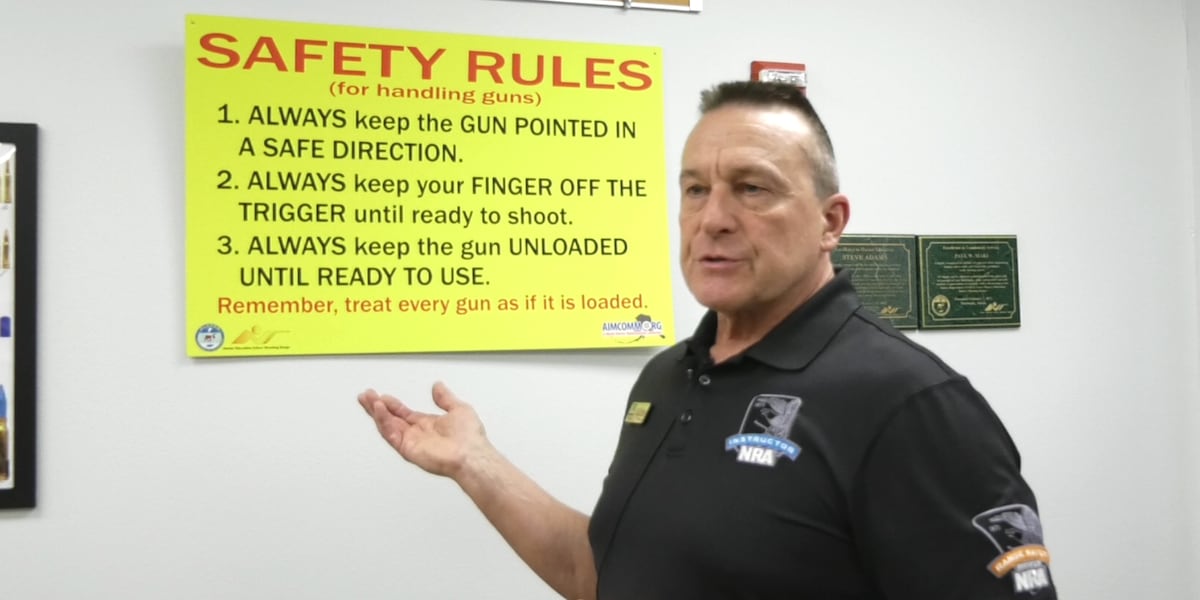
Credit: www.webcenterfairbanks.com
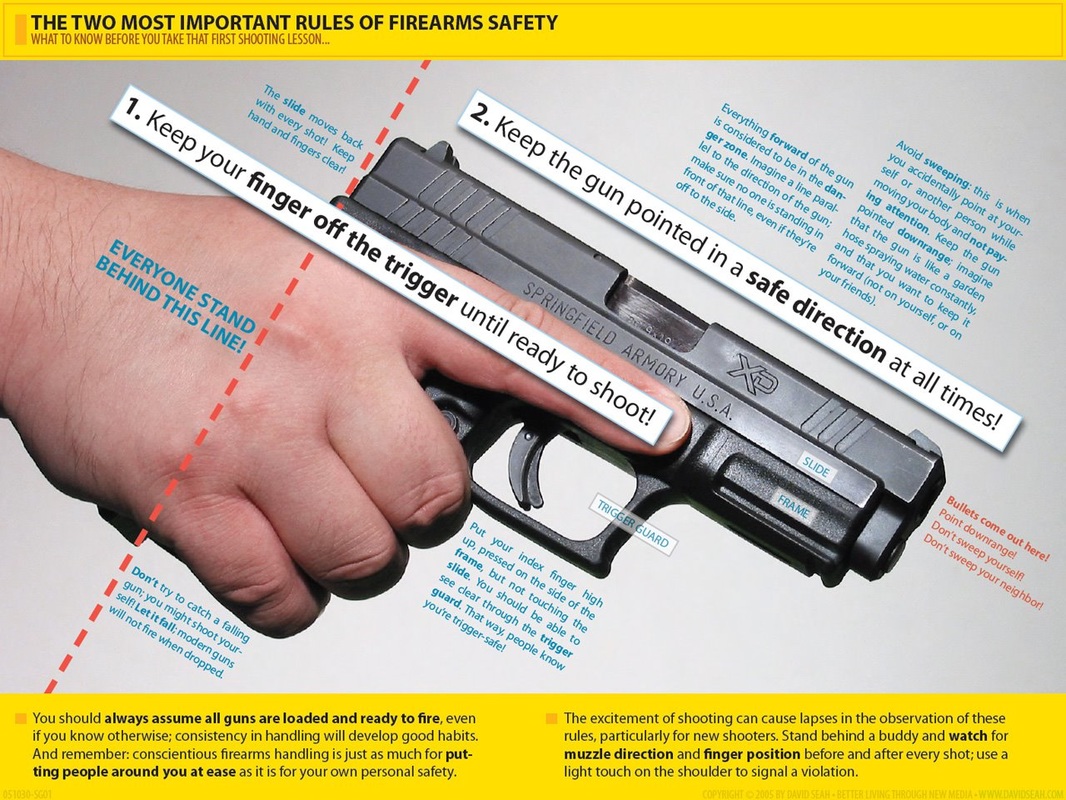
Credit: www.nevadacarry.org
Frequently Asked Questions For Do You Keep A Handgun Loaded When It Is In A Gun Safe
Should You Leave Guns Loaded In Safe?
For safety, do not store guns loaded in a safe. Always unload firearms before securing them to prevent accidental discharge.
Do You Load A Gun On Safety?
Always engage the safety before loading your gun. Follow the manufacturer’s guidelines and ensure the firearm is pointed in a safe direction.
Should A Gun Stay Loaded?
Guns should generally not remain loaded for safety reasons. Always unload firearms when not in use to prevent accidental discharge. Store ammunition separately to enhance safety.
Should I Keep My Gun Loaded In My Safe Reddit?
For safety and security, it’s recommended to store guns unloaded in a safe. Always adhere to your local laws and ensure ammunition is stored separately to minimize risk.
Conclusion
Determining whether to store a handgun loaded in a safe is personal. Assess risks, accessibility needs, and safety protocols. Always prioritize responsible ownership and legal compliance. Weigh your circumstances, then decide. Secure storage and readiness can coexist with the right approach.
